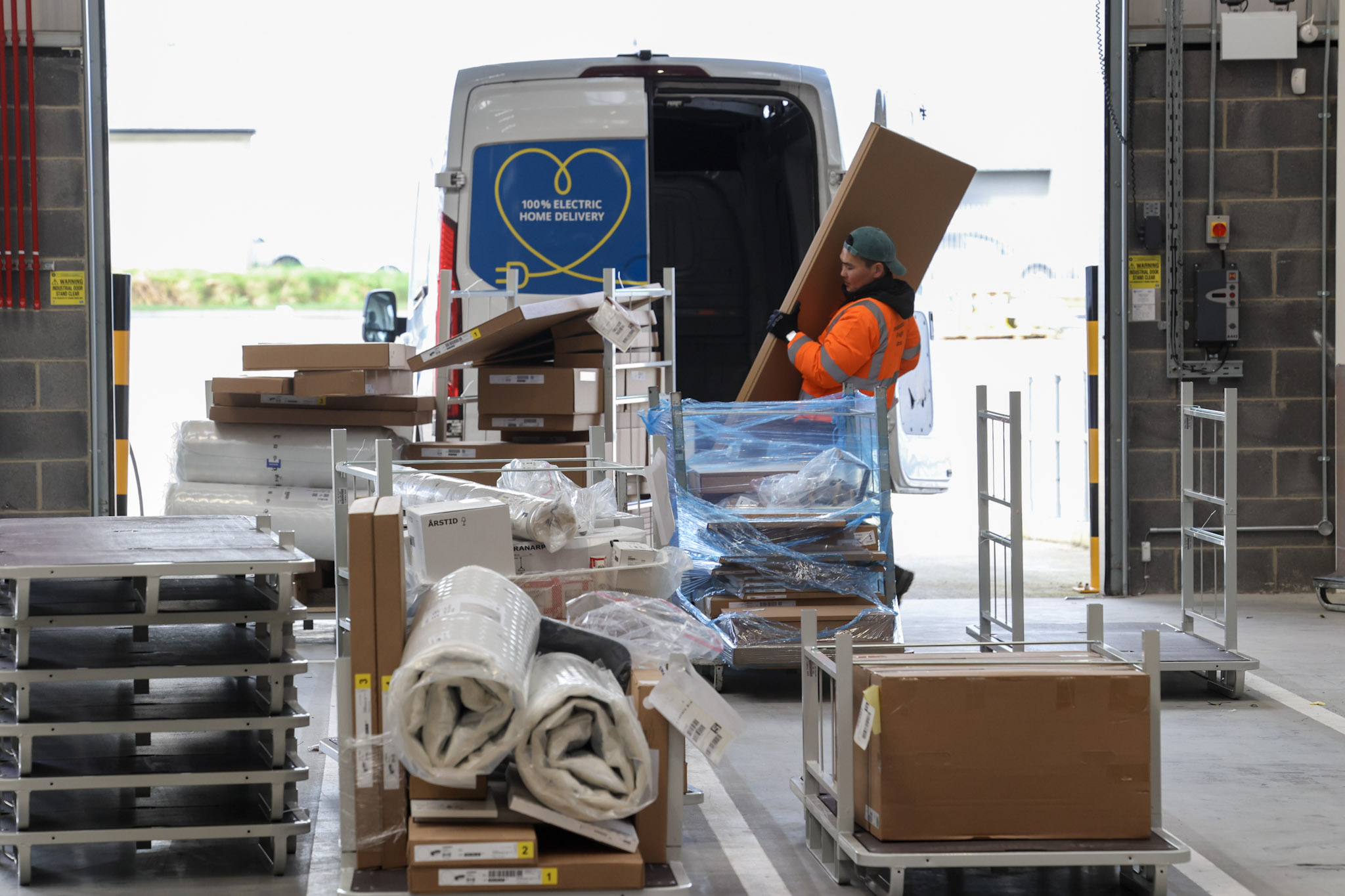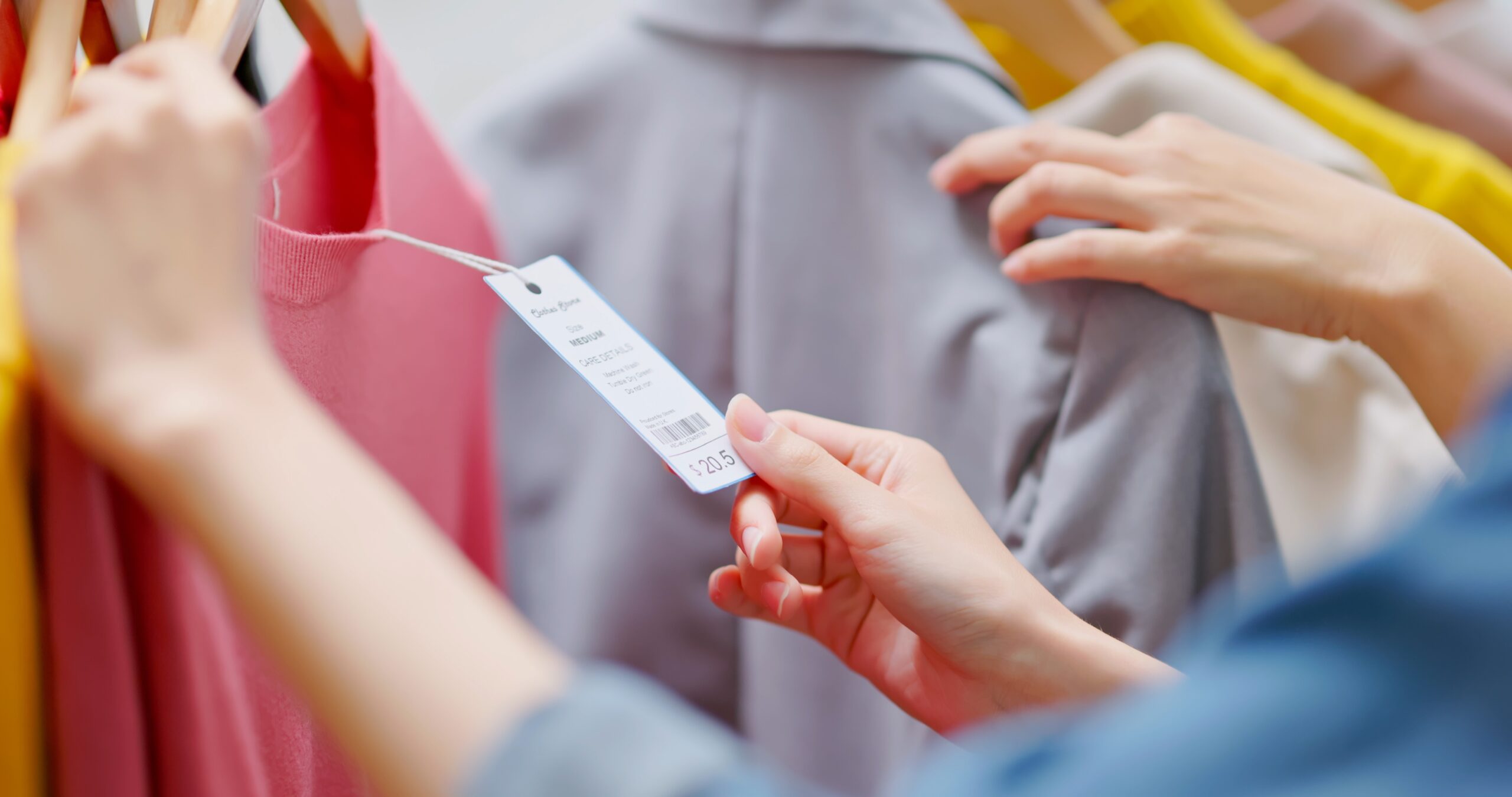As we kick of 2020, the news from consumers is that they feel more confident about the year ahead. In fact, they started saying that in December, post-election. But what does that mean?
Figures from the BRC point to 2019 being, in its words, ‘the worst year on record’. Trading figures from some of the UK’s leading retailers over Christmas also make for grim reading – low or non-existent growth, falling footfall. Even online sales growth was low.
However, that doesn’t paint the whole picture. Many smaller retailer actually did alright over Christmas and many are planning growth in 2020 – both domestically and internationally.
Figures from Amazon show that more than 150 entrepreneurs from across rural Britain generated more than £500,000 selling on Amazon alone in the past year – with more than 80 reaching sales in excess of £1 million. Two of these million-plussers are looked at in more detail in two case studies here.
Elsewhere, a range of smaller brands and retailers ended 2019 or kicked off 2020 with plans to re-platform to push for international online growth, with Carrolls Irish Gifts looking for uplift from overseas thirst for all things Irish.
Burgeoning luxury watch retailer Christopher Ward is similarly upping the ecommerce ante with a new platform designed to offer a great user experience to tap into the market for watches both here in the UK and overseas.
Similarly, luxury jewellery maker Anoushka, which re-platformed back in the tail end of 2019, has revealed just how successful that has been – a lesson for us all in there.
Meanwhile, other smaller retailers and brands are pushing into using new technology to drive the change that consumers so desperately want. Health and beauty brand Revive Active has turned to guided selling, baby goods seller Nûby UK is driving growth with engaged marketing and convenience store chain One Stop experimented with a ‘Find the Elf’ AR app in the run up to Christmas.
These retailers are all showing the agility and forward thinking that modern retail demands. And it is a real issue: according to a study by Fujitsu, change is rapid and varied and retailer must adapt.
It suggests that, by 2030, there will be six concurrent generations of consumers, each with differing values and behaviours influenced by different experiences of technology. Retailers need to shape offerings into micro-segments that are even more differentiated than these generational categories.
We have already seen Millennials and Generation Z customers rejecting the conventional mass-production/mass-consumption economic model that has prevailed for more than a century. Implementing successful digital transformation as a solution to challenges of this magnitude will determine which retailers survive and which competitors cease to remain relevant, says the report.
These challenges are right here, right now and, while many larger retailers are struggling to adapt, smaller retailers appear to be getting on with it – and it is driving growth for them. Perhaps consumer confidence isn’t so misplaced after all. Perhaps it is just being redirected?










